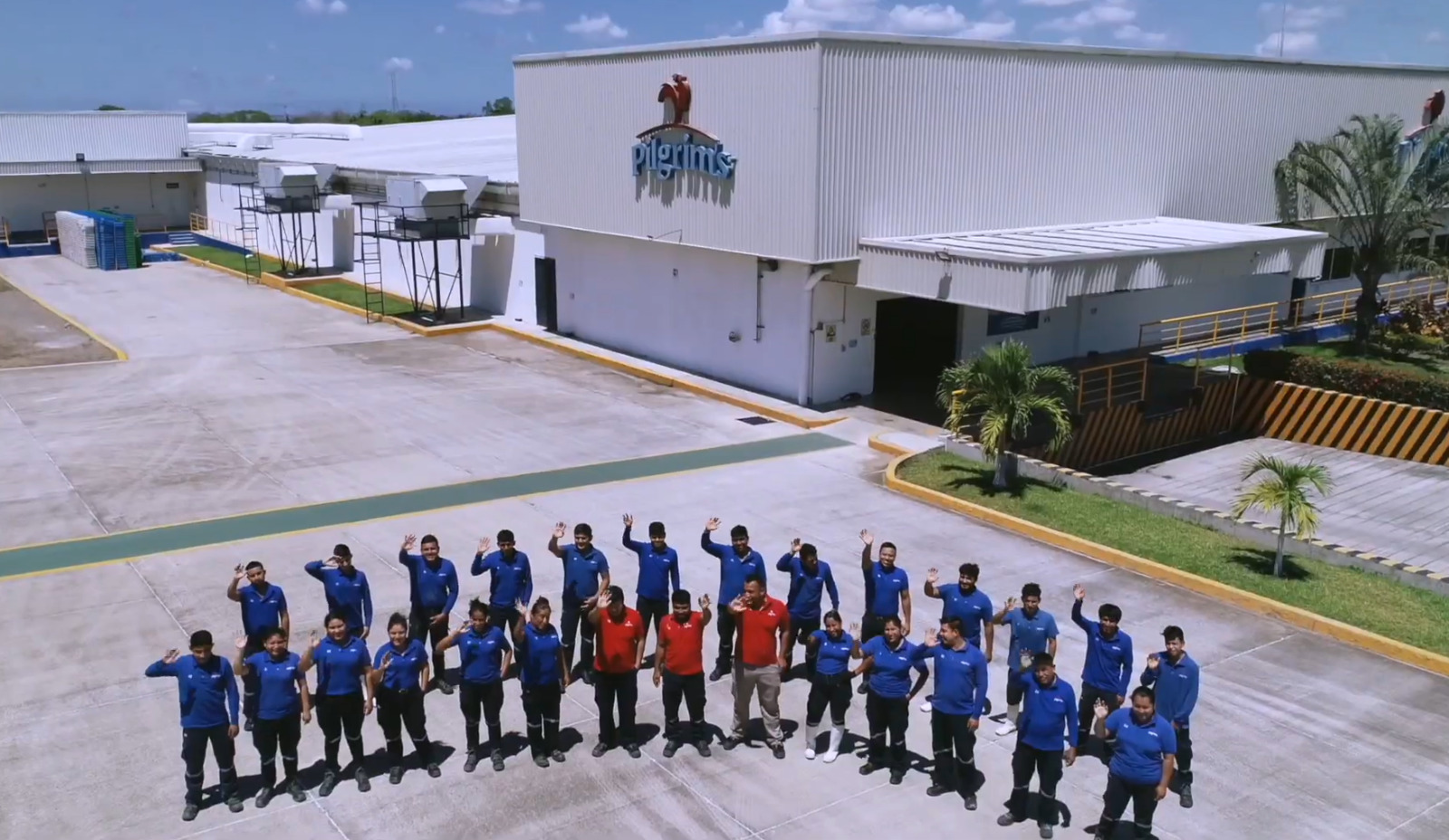Mental Health and Leadership: Balancing Your Life

Develop essential skills for mental health leadership: balancing to enhance your professional growth and organizational success.
But the reality is that a leader who does not take care of their emotional balance will hardly be able to inspire, motivate or guide their team effectively. It’s not just about reaching goals, but about doing it without sacrificing our health or that of those around us.
Being a leader implies making difficult decisions, assuming great responsibilities and, often, dealing with high-pressure situations. The emotional burden that this entails can generate stress, anxiety and even extreme exhaustion if not managed properly. Throughout my career, I have seen great leaders collapse for not prioritizing their well-being, mistakenly believing that professional success justifies any sacrifice.
Today, more than ever, it is essential to balance our lives to preserve mental health and enhance our leadership. Leadership should be based on self-awareness and emotional management. A leader who recognizes their emotions and knows how to manage them properly is able to face challenges with greater clarity and resilience. In addition, they have the ability to transmit tranquility and confidence to their team, creating a more harmonious and productive work environment.
We cannot ignore that the mental health of leaders has a cascading effect on the team. An exhausted leader generates a tense and demotivating work environment, while a balanced leader fosters creativity, commitment and efficiency. It is time to leave behind the idea that professional success must be accompanied by exhaustion.
After years of forming high-performance teams, I have identified key strategies that can help maintain balance and strengthen leadership without compromising mental health.
Self-awareness, Control and Emotional Management2358
A good leader must know themselves, identify their strengths and areas for improvement, and learn to manage their emotions effectively. Emotional intelligence is a powerful tool that allows you to manage conflicts, communicate assertively and remain calm in times of crisis.
Delegation and Trust in the Team
We can’t do it all alone. Delegating responsibilities and trusting in the team’s ability not only reduces the workload, but also strengthens the autonomy and professional growth of collaborators.
Promotion of a Healthy Work Environment
Fostering workspaces where open communication, respect and collaboration are valued is essential. A team that feels heard and valued works with greater commitment and enthusiasm.
Healthy Habits
Balanced nutrition, regular exercise and adequate rest are fundamental pillars for maintaining a clear mind and a healthy body. As leaders, we must promote healthy lifestyle habits not only for ourselves, but also for our team.
Time to Disconnect
Digital disconnection and free time are essential to renew energy. Establishing schedules without work interruptions and dedicating time to recreational or relaxation activities improves performance and creativity.
Seeking Support and Continuous Training
Don’t be afraid to ask for help. Having mentors, coaches or support networks can make a big difference in the way we face leadership challenges. In addition, constant training allows us to acquire new tools to better manage our role.
Mindfulness and Meditation Practices
Spending a few minutes a day on meditation or mindfulness can reduce stress, improve concentration and promote more conscious and focused leadership.
Mental Health, a Necessity
Leading with balance is leading with purpose. In that sense, successful leadership is not only measured by tangible achievements, but by the ability to inspire and transform lives. The balance between professional and personal life is not a luxury, but a necessity to sustain effective and humane leadership.
Our responsibility as leaders is not only to achieve results, but to do so sustainably, taking care of ourselves and those around us. When we achieve this balance, we not only strengthen our mental health, but we also build stronger, more efficient and committed teams.
The key is to remember that we are not production machines, but human beings with emotions, dreams and needs. Balancing our lives does not make us less committed to success, but more conscious and effective leaders. Because in the end, true leadership is not just about reaching goals, but about doing it with well-being and purpose.
A Challenge to Take Care of Mental Health
Today I invite you to pause and reflect: Are you really balancing your life or have you let yourself be absorbed by the inertia of work? Make a commitment to yourself to prioritize your well-being.
Identify a concrete change you can implement this week to improve your balance between professional life and your personal life. It can be something as simple as setting a rest schedule, delegating a task, practicing mindfulness, or spending more time with your family.
Accept this challenge and discover how a small adjustment can make a big difference in your leadership and your quality of life. Are you ready to lead with balance?
More Articles

Will San Luis Potosí Have a Direct Flight to Canada?
Jan 28, 2026

Pilgrims Mexico Announces Multi-Million Dollar Investment for San Luis Potosí
Jan 15, 2026

Querétaro Magazine Covers in 2025: September – December
Jan 2, 2026

The Treasure of 303 Billion Barrels: Why U.S. Oil Companies Will Be Attracted by Venezuela's Reactivation
Jan 7, 2026

Why Trump Seeks to Control Greenland: The Importance of its Resources
Jan 12, 2026

Why Citrus is Key to Nuevo León's Economy
Jan 20, 2026
